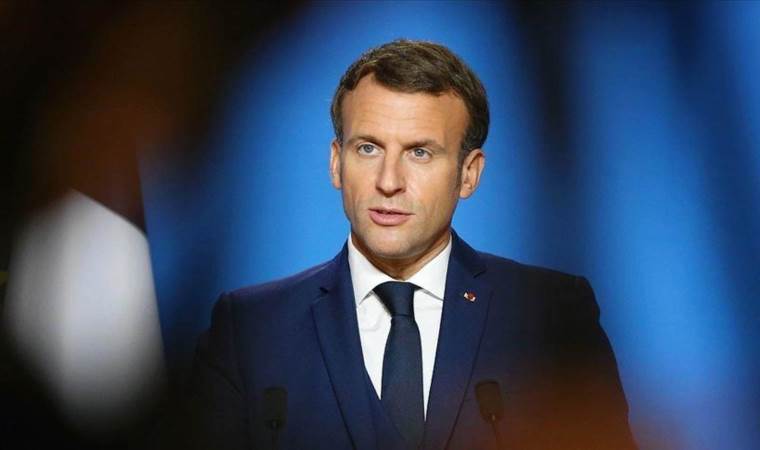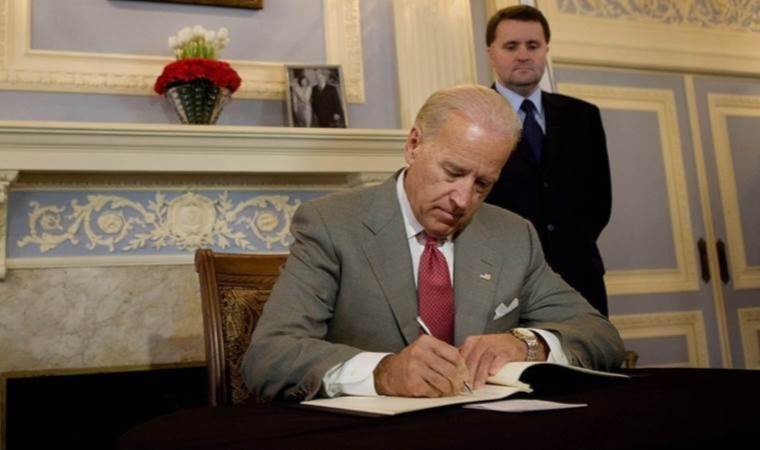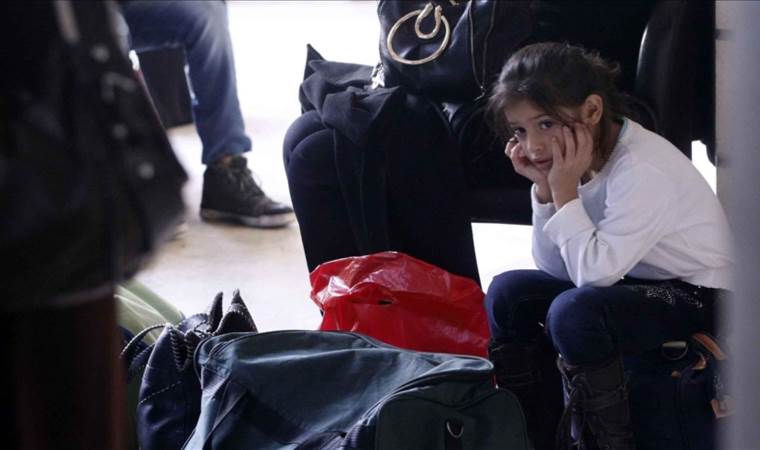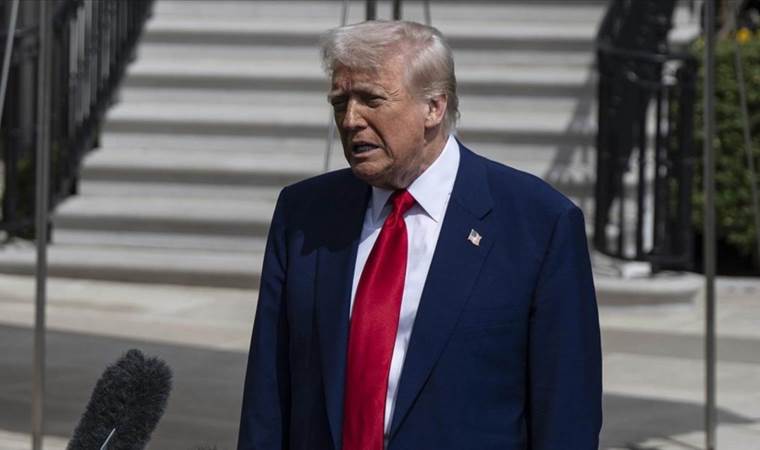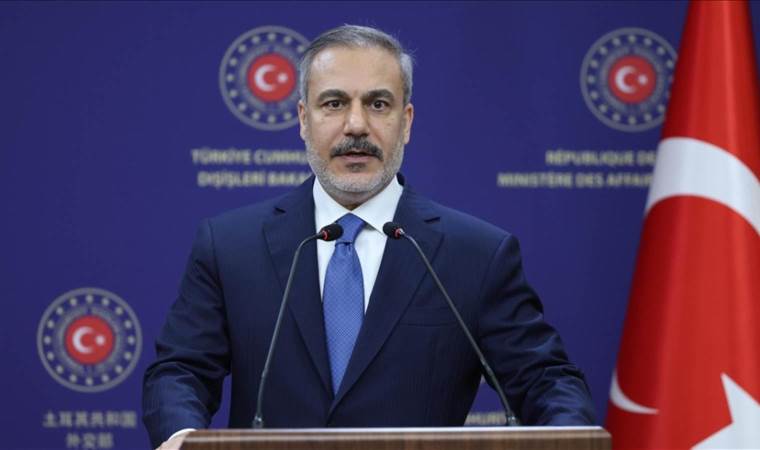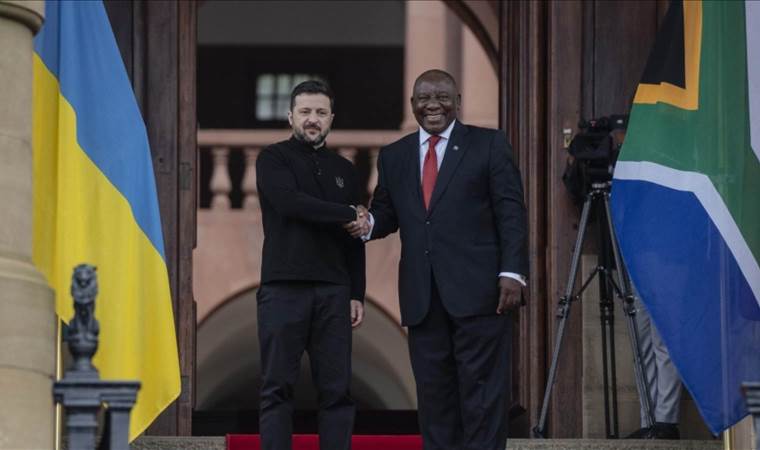US critiques Israel's settlement expansion: Calls it "inconsistent" with international law
The Biden administration, marking a shift back to a traditional stance on Israel's activities in the West Bank, criticized Israel's recent plans to expand settlements in the occupied territory as being inconsistent with international law.
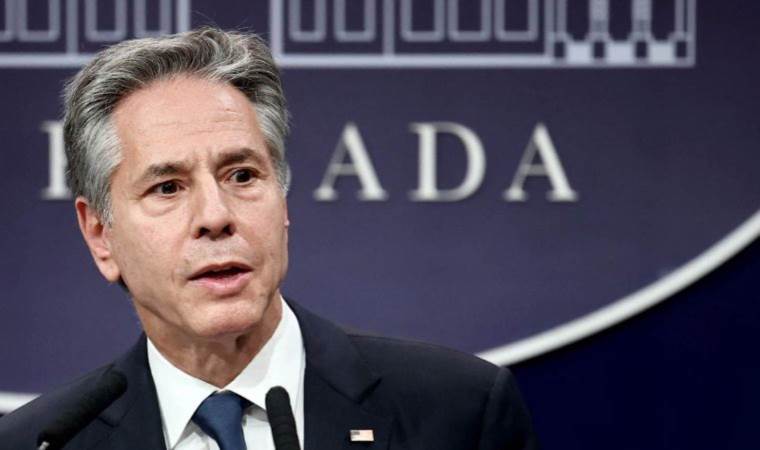
This statement was made by U.S. Secretary of State Antony Blinken during a press conference in Buenos Aires, expressing disappointment and concern over the move's counterproductive effect on achieving lasting peace.
The declaration reverses the previous administration's stance under Donald Trump, which in 2019 ceased to recognize the settlements as inconsistent with international law, deviating from four decades of U.S. policy. Trump's peace plan in 2020, which favored Israel significantly and was rejected by Palestinians, further underscored this departure.
Blinken's comments underscore a firm opposition to settlement expansion, highlighting concerns over its implications for Israel's security and the broader peace process. The Biden administration's vocal opposition to further settlement activities marks a clear reiteration of U.S. commitment to international legal norms and the pursuit of a two-state solution.
This position was emphasized amidst recent moves by Israel's government to advance plans for building over 3,000 homes in settlements, a decision that has drawn widespread international condemnation and is seen as a significant barrier to Palestinian statehood aspirations. The U.S. has also recently imposed sanctions on individuals involved in settler violence, signaling a more assertive approach to addressing issues undermining peace efforts.
The international community, supporting the Fourth Geneva Convention and U.N. Security Council resolutions, views the transfer of a country's civilians to occupied land as illegal, a stance Israel disputes citing historical claims. Despite these tensions, the U.S. reaffirms its long-standing policy against settlement expansion, aiming to foster conditions conducive to a negotiated two-state solution.
Most Read News
-
 Germany offers Syrians up to $4,555 to return home
Germany offers Syrians up to $4,555 to return home
-
 Recent Russian strikes on Kyiv were 'not necessary,' say
Recent Russian strikes on Kyiv were 'not necessary,' say
-
 Pakistan says any Indian attempt to divert, stop flow of
Pakistan says any Indian attempt to divert, stop flow of
-
 Turkic world will continue to stand by Turkish Cypriots,
Turkic world will continue to stand by Turkish Cypriots,
-
 Despite stated ban, Spain continues to buy arms from Isr
Despite stated ban, Spain continues to buy arms from Isr
-
 China denies having talks with US on tariffs
China denies having talks with US on tariffs
-
 60 militants from paramilitary RSF killed in North Darfu
60 militants from paramilitary RSF killed in North Darfu
-
 Nearly half of Americans now live with dangerous air qua
Nearly half of Americans now live with dangerous air qua
-
 Zelenskyy partially cancels South Africa visit in wake o
Zelenskyy partially cancels South Africa visit in wake o
-
 Britain lifts sanctions against Syrian defense, interior
Britain lifts sanctions against Syrian defense, interior

